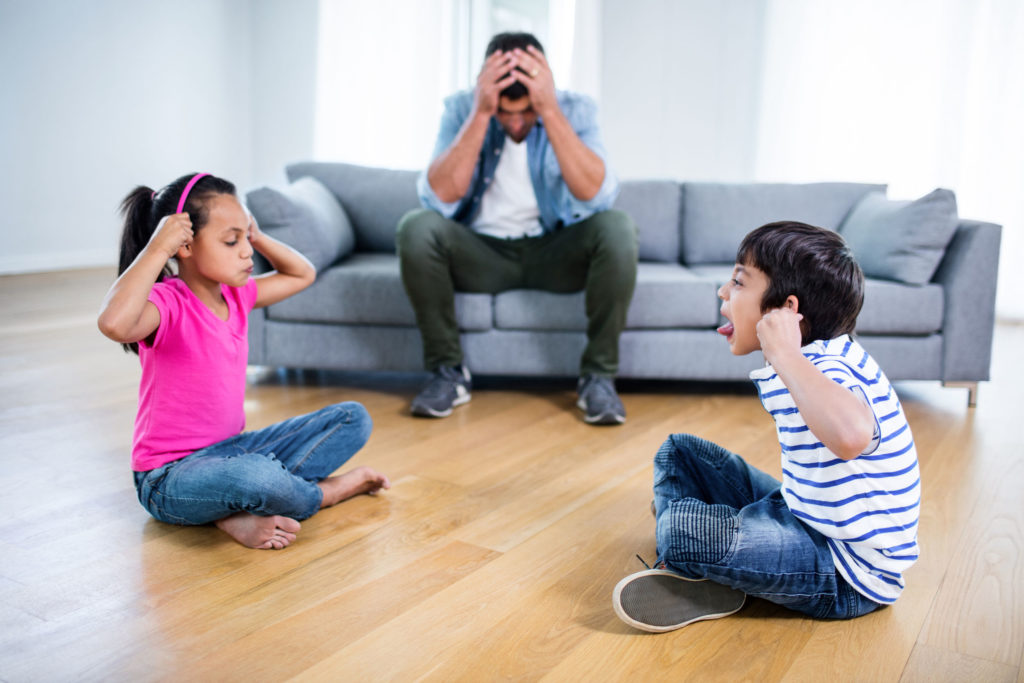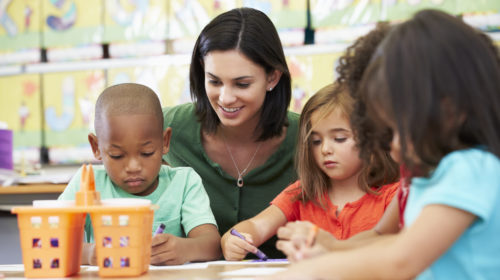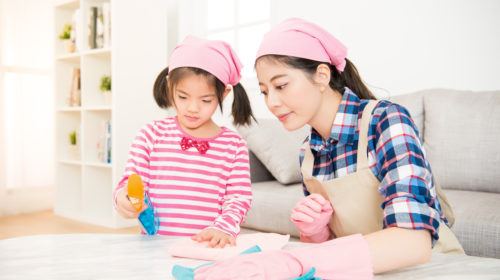Social Skills for School Aged Children
When children are in elementary school, they make alliances, some make long term relationships and others do not. Some children want to make friends but they are unable to have the skills to do it. They are constantly in search of meaningful friends that share the same interests as they do. How can your child make successful relationship and get along with his or her peers?
- Listen when he or she has peer challenges. If you tell them what to do he or she is just demonstrating that he or she is incapable of handling the situation him or her self. You aren’t helping them to learn if you convey to them that they are incompetent. Instead help them to problem solve and to convey their feelings effectively.
- Don’t take sides when he or she fights with friends or peers. Listen to your child’s views and empathize with their feelings but resist the ability to demonize the other child, whether friend or foe. If you suspect that your child is being unfair, try getting to show your child the other’s point of view but be careful not to blame your child.
- Help them learn how to express their needs without attacking the other person. This can be a hard to task to master. So children need to practice this skill and require parental guidance.
So when your daughter yells “You’re too bossy!” at her friend, you might say “You sound really mad at Sofia….Can you tell her what you want, instead of what you think about her?”
4. Coach him or her to stand up for themselves.
“Can you tell Josh that you like to wrestle with him, but you need some rules to feel safe, like STOP means STOP?”
5. Avoid negating your child’s perceptions about another person. Instead reflect and help clarify.
For instance, instead of saying “I don’t think Kiesha meant to be mean to you, and of course you can’t disinvite her to your party!” try empathy:
“It sounds like when Kiesha said that in front of the other kids, it really embarrassed and hurt you. You think she did it on purpose, and it makes you so mad you don’t even want her at your party.” With this kind of support, she’s likely to get past her hurt and anger and make a better decision about how to proceed.
6. Make it a habit to acknowledge and reflect feelings instead of dismissing them. As parents we have a difficult time being impartial with our child and the other party involved. But this does not help our children at all. Telling our children to get over an incident does not help them cope with social situations. If we dismiss our child’s feelings we keep them stuck in hurt and anger for a long time and this bitterness over time builds up.
When you keep your own upset feelings in check and empathize with your child’s feelings they get to feel them fully for the moment but once he or she feels them they will dissipate. Once he or she is over this then they can begin to problem solve.
7. Bossiness is often challenging to curb in elementary schoolers. All children want to get their own way but still want to make friends. Learning to negotiate is a critical skill they can learn at this age. Try asking your child by saying “Is it more important for you to play the game your way or to have Joey play with you?”
When another child acts bossy, your child may need a lesson on tactfulness on how to interact and negotiate with his or her friends. A way to say this is:
“I really want to play with you, Jasmine, but we’ve been playing dress-up all morning, and I don’t feel like it anymore. What can we do that we both want to do?”
8. Help him or her to think through various problem-solving skills. Once children know how to work through their feelings, they know what action to take. “I’m not mad at Sami anymore and I miss playing with him. I’m going to knock on his door.” But if he doesn’t, help him brainstorm. Sometimes he’ll need help from you to know how to say no in a way that keeps both his friend and his integrity.





Times are chnnigag for the better if I can get this online!